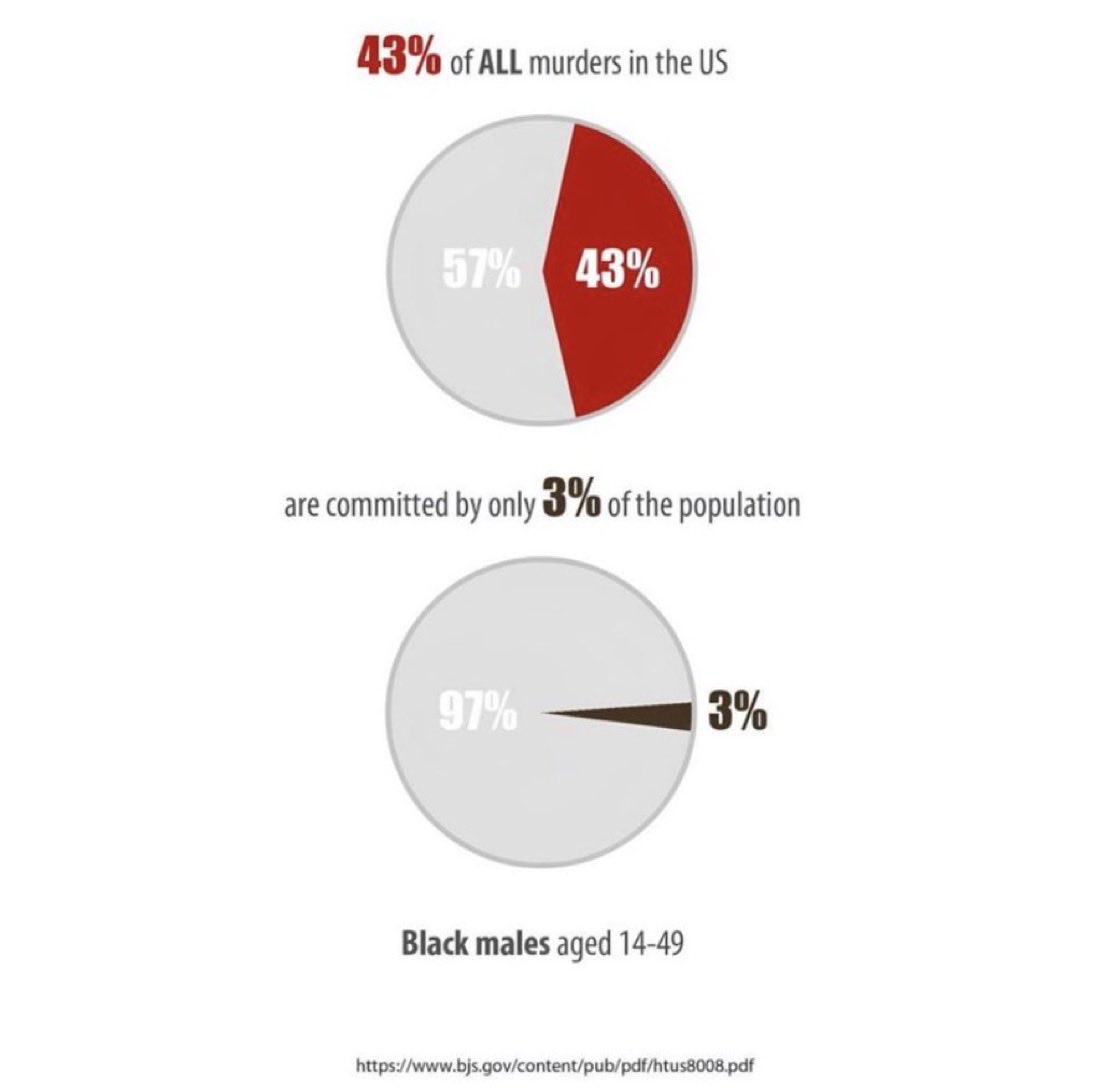A meme and informational thread 🧵 for #OpenAI #ChatGPT #BingAI and other AI tools in general…
How smart is #ChatGPT👇
How smart is #ChatGPT👇

Here’s a prev 🧵 on #ChatGPT
https://twitter.com/DeepBlueCrypto/status/1627069616139927558
This entire movie was generated by AI.
AI is going to takeover billion dollar movie studios, Hollywood and the entire movie industry. Actors and actresses, set & prop builders, stunt men, body doubles jobs are all at risk.
AI is going to takeover billion dollar movie studios, Hollywood and the entire movie industry. Actors and actresses, set & prop builders, stunt men, body doubles jobs are all at risk.
Jobs most impacted by #ChatGPT 

Godfather of AI (Geoffrey Hinton) regrets his life’s work on AI.
Whats more tragic is, governments have surrendered to “stakeholder capitalism” - the capture of governments by global business.
Government regulation of AI is an open goal to the corporations & NGOs who control… twitter.com/i/web/status/1…
Whats more tragic is, governments have surrendered to “stakeholder capitalism” - the capture of governments by global business.
Government regulation of AI is an open goal to the corporations & NGOs who control… twitter.com/i/web/status/1…

AI is the markets latest buzzword. Trust me when the next bull run starts in crypto, they’ll be creating AI coins everywhere & y’all will be falling for them as if they’re the next big thing. 

ChatGPT was asked to compose a poem about the World Economic Forum's Great Reset and humanity's resistance to it 👇 



Developers problems after #ChatGPT 

Even #ChatGPT is biased to women 

#ChatGPT writing a medical meme 

Adobe has integrated artificial intelligence in its photo editing tools and it is mind-blowing
• • •
Missing some Tweet in this thread? You can try to
force a refresh




























